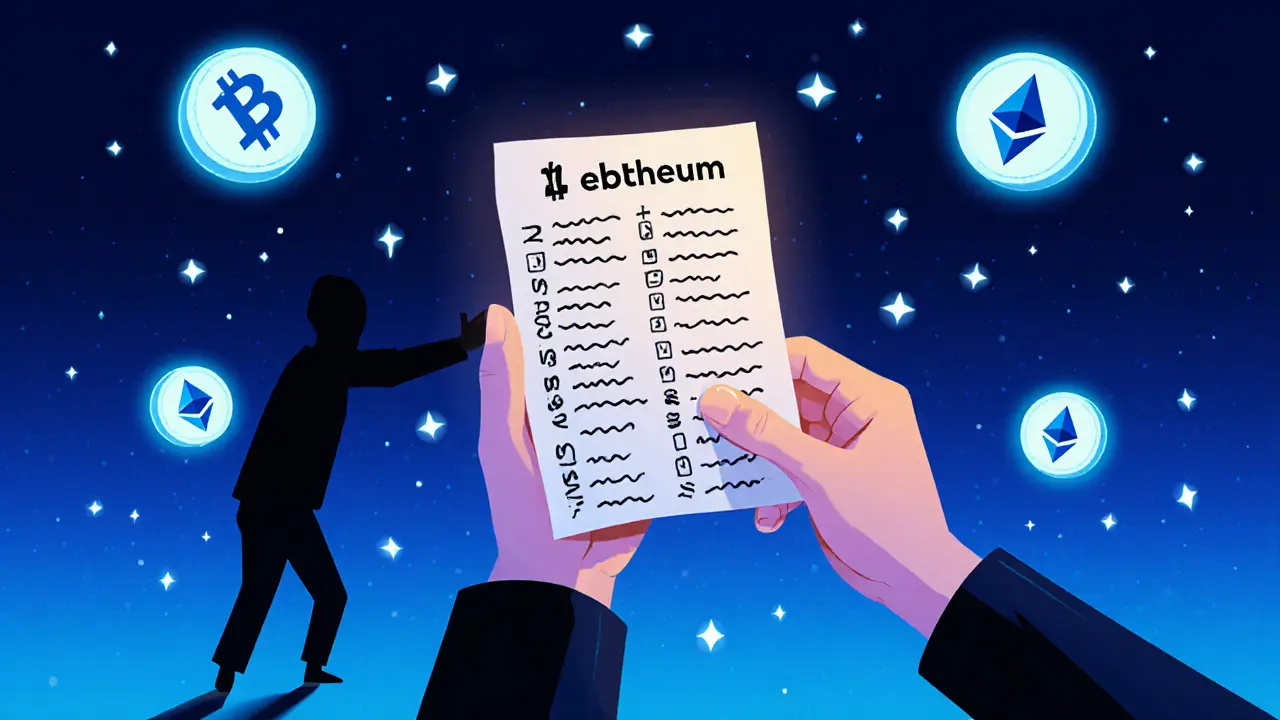Cryptocurrency Wallet: What It Is, How It Works, and What You Need to Know
When you hold cryptocurrency, you don’t actually store coins in a digital box—you hold a cryptocurrency wallet, a tool that stores your private keys and lets you interact with blockchain networks. Also known as a digital wallet, it’s the only thing standing between you and your crypto. Without it, you can’t send, receive, or prove you own anything. Think of it like a physical key to a safe: the wallet doesn’t hold the money, but without the key, the safe stays locked forever.
There are two main types: hot wallets, software wallets connected to the internet, like mobile or browser extensions and cold wallets, offline hardware devices or paper keys that keep your assets away from hackers. Hot wallets are convenient for trading or paying for things, but they’re vulnerable to phishing, malware, and exchange hacks—just look at how many users lost funds on fake platforms like Beeblock or United Exchange. Cold wallets are safer for long-term holding, but if you lose the recovery phrase, your crypto is gone forever. No customer support. No reset button. No second chances.
Most people think a wallet is like a bank account. It’s not. You don’t log in with a password. You don’t call support if you forget your key. Your private key is everything. If someone gets it, they own your coins. If you lose it, you own nothing. That’s why so many posts here warn about scams pretending to be airdrops—SUKU, NFTP, HyperGraph—all trying to trick you into giving up your keys under the guise of free tokens. Even legitimate projects like Bit Hotel or COMBO rely on you securing your own wallet properly.
Wallets also connect you to DeFi, NFTs, and games. You need one to join airdrops, trade on DEXes like Uniswap, or play blockchain games like Howl City. But not all wallets are equal. Some don’t support certain blockchains. Others have hidden fees or broken interfaces. If you’re using a wallet that doesn’t let you sign transactions smoothly, you’re already at risk.
There’s no magic solution. The best wallet is the one you understand, use consistently, and protect like your life depends on it—because it does. Whether you’re holding $400 in HWL or $10,000 in COMBO, your safety starts with how you manage your keys. The posts below show real cases: people who lost everything because they clicked a fake airdrop link, trusted a dead exchange, or never backed up their recovery phrase. They weren’t reckless. They just didn’t know any better. You don’t have to be one of them.
